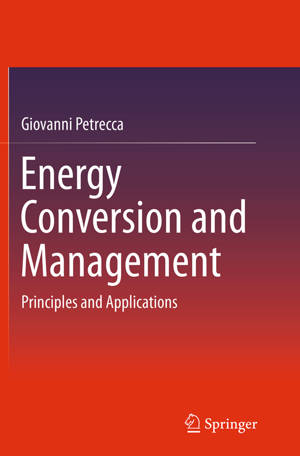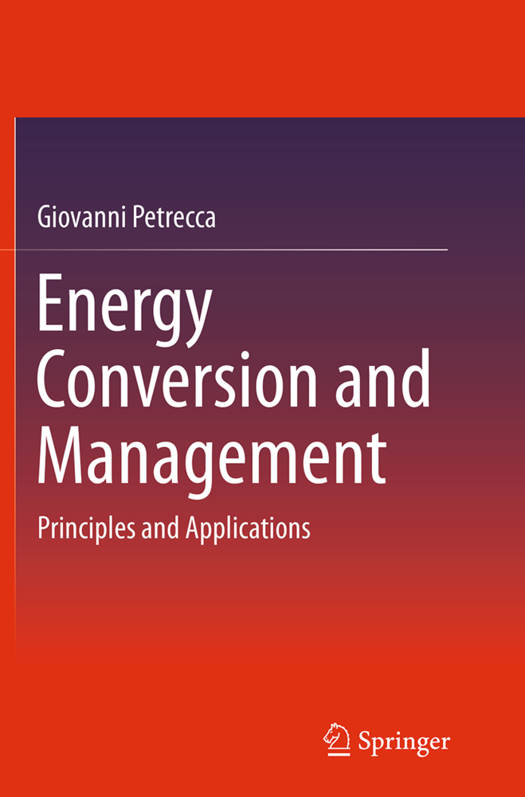
- Retrait gratuit dans votre magasin Club
- 7.000.000 titres dans notre catalogue
- Payer en toute sécurité
- Toujours un magasin près de chez vous
- Retrait gratuit dans votre magasin Club
- 7.000.0000 titres dans notre catalogue
- Payer en toute sécurité
- Toujours un magasin près de chez vous
Energy Conversion and Management
Principles and Applications
Giovanni PetreccaDescription
This book provides an overall view of energy conversion and management in industry and in buildings by following the streams of energy from the site boundaries to the end users. Written for an audience of both practitioners and faculty/students, Energy Conversion and Management: Principles and Applications presents general principles of energy conversion and energy sources, both traditional and renewable, in a broad range of facilities such as electrical substations, boiler plants, heat and power plants, electrical networks, thermal fluid distributions lines and insulations, pumps and fans, air compressor systems, cooling plants, HVAC, lighting, and heat recovery plants. The book also examines principles of energy auditing and accounting, the correlation between energy and environment, and includes detail on the economic analysis of energy saving investment and education in the field of energy.
This book also:
- Explores a broad array of power generation and distribution facilities around the concept of energy conversion, from traditional and renewable sources, correlating many apparently disparate topics
- Elucidates fundamental formulas and information-rich figures to help readers in solving any practical energy conversion problems
- Emphasizes a holistic perspective on energy conversion and management with a vision of each application as a system beyond its individual elements
- Includes a set of Key Performance Index using metrics applicable to energy systems brought into operation over the past 30 years
- Gives a set of basic formulas and data that are the essentials of energy conversion and that everybody involved in these fields should perfectly know
- Adopts a writing style accessible to technicians and managers in the field of energy conversion while maintaining sufficient rigor and coverage for engineers
Spécifications
Parties prenantes
- Auteur(s) :
- Editeur:
Contenu
- Nombre de pages :
- 326
- Langue:
- Anglais
Caractéristiques
- EAN:
- 9783319349442
- Date de parution :
- 10-09-16
- Format:
- Livre broché
- Format numérique:
- Trade paperback (VS)
- Dimensions :
- 156 mm x 234 mm
- Poids :
- 498 g

Les avis
Nous publions uniquement les avis qui respectent les conditions requises. Consultez nos conditions pour les avis.






